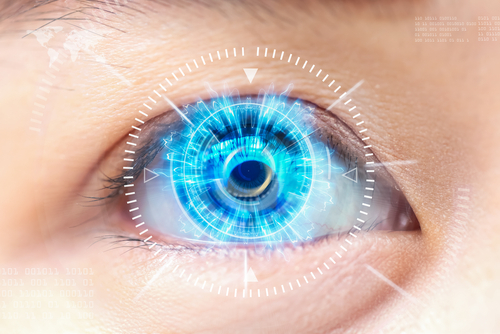Post-Ebola cataract surgery maybe safe, restore vision
IANS Apr 06, 2018
Ophthalmologists have mentioned that performing cataract surgery in Ebola survivors to restore vision is safe, provided the patients tested negative for the virus in their ocular fluid.

Performing cataract surgery on Ebola virus survivors with impaired vision may be safe and help restore vision, ophthalmologists suggest. After the outbreak of Ebola virus disease in West Africa from 2013 to 2016, thousands of survivors were at risk for impaired vision because of uveitis, eye inflammation that can lead to pain, light sensitivity, and severe vision impairment, often due to cataracts. An estimated 13 to 34 per cent of Ebola survivors have developed uveitis with varying degrees of severity ranging from mild disease to blindness.
The eye is considered "immune privileged", in the sense that a virus can be cleared from the rest of the body while persisting in the ocular fluid. Thus, invasive ophthalmic procedures on Ebola survivors possibly pose a risk to health care workers and other close contacts, said the researchers from the Emory University in the US. In the study, reported in the journal EBioMedicine, a small number of Ebola virus disease survivors underwent cataract surgery with vision restorative outcomes.
The participants tested negative for Ebola virus in their ocular fluid-- in front part of the eye. Specifically, visual acuities improved from the Hand Motions level (worse than legal blindness) to the 20/30 visual acuity level. "These findings are truly exciting, as they improve our ability to impact vision care and quality-of-life for thousands of Ebola survivors at-risk for eye disease," said Steven Yeh, Associate Professor at the varsity.
World Health Organization Interim guidance for the care of Ebola virus disease survivors includes the avoidance of elective surgery until more information is obtained about the persistence of virus in body fluids. However, the authors noted that they performed ocular fluid sampling in full personal protective equipment, and the research also provides a diagram showing the layout of the hospital, indicating where sensitive procedures were performed.
-
Exclusive Write-ups & Webinars by KOLs
-
Daily Quiz by specialty
-
Paid Market Research Surveys
-
Case discussions, News & Journals' summaries